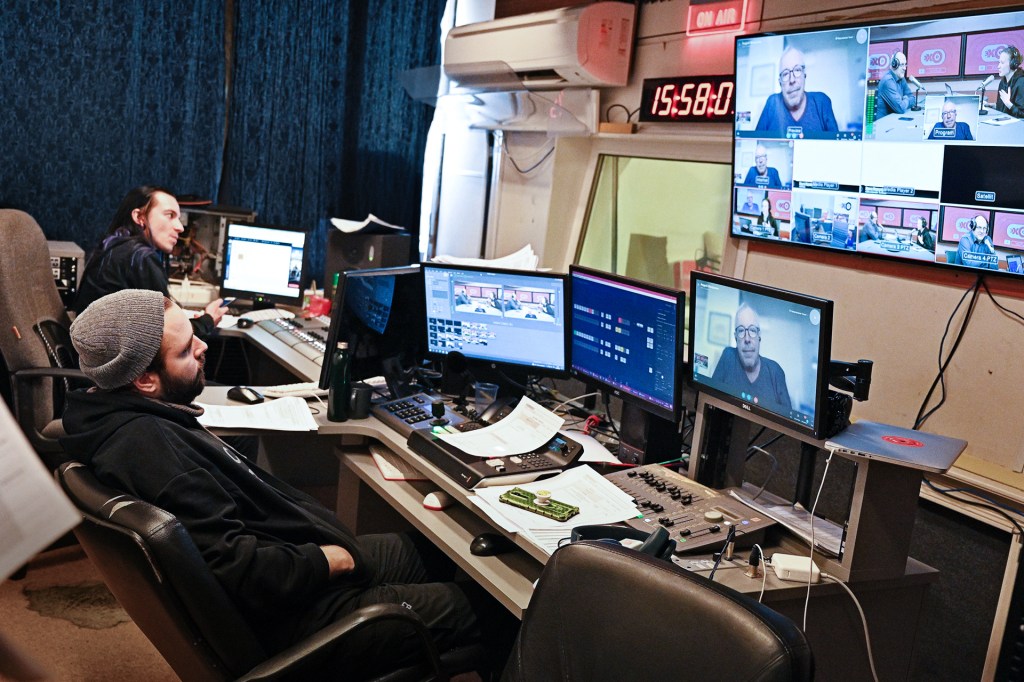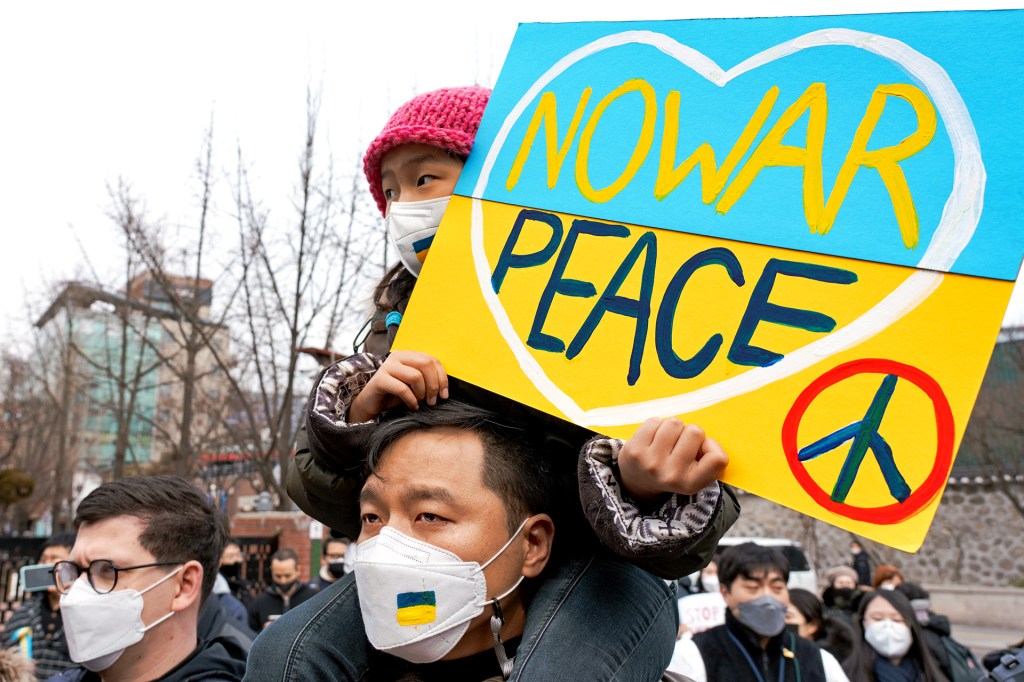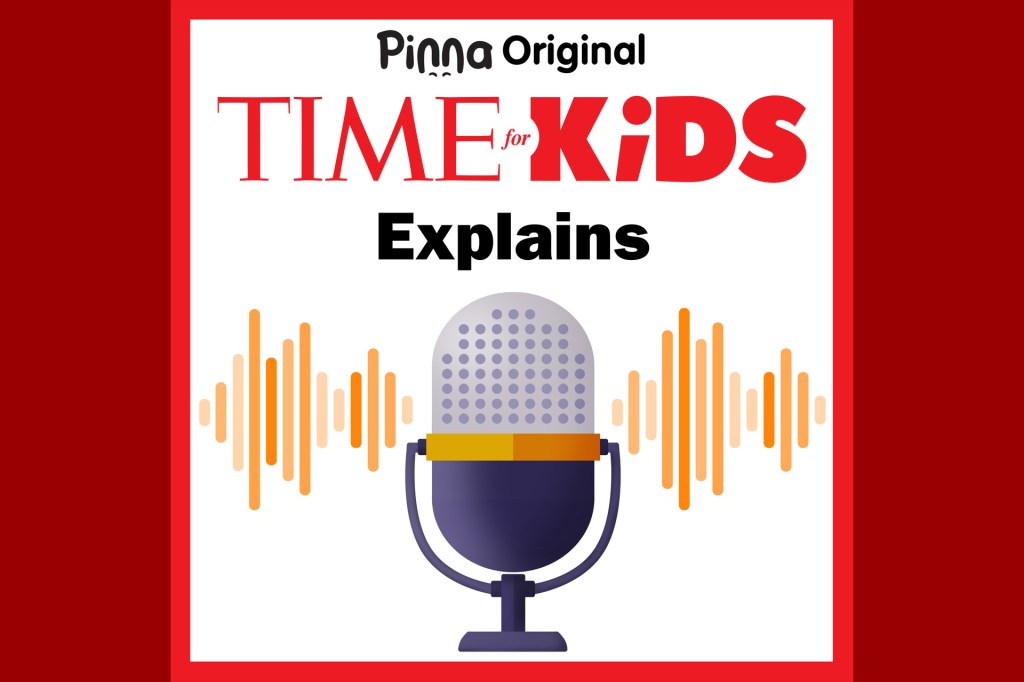News, Interrupted

On March 4, the Russian government passed a law. It makes reporting the facts about Russia’s invasion of Ukraine illegal. Several major news organizations have suspended broadcasting in Russia, including ABC and CNN. The Russian government says that their war coverage is fake. Journalists could face 15 years in prison.
Tim Davie leads the BBC. That’s a British news outlet. Davie says staff safety is a concern. He doesn’t want BBC journalists to get in trouble “simply for doing their jobs.”
Some Russian news outlets are run by the government. They’re not allowed to use the words invasion or war. And they don’t show what’s really happening in Ukraine. This has led many people in Russia to believe there is no war in Ukraine.
The Russian government has also limited access to social media outlets. These include Twitter and Facebook. They publish news in Russian.
Nick Clegg is president of global affairs at Meta. The company owns Facebook. Clegg says millions of Russians will be “cut off from reliable information” and “silenced from speaking out.”
The BBC is telling people in Russia to use apps or shortwave radio. They can listen to news reports from outside the country. “Access to accurate, independent information is a fundamental human right, which should not be denied to the people of Russia,” the BBC says. “We will continue our efforts to make BBC News available in Russia, and across the rest of the world.”
Stop andThink! Why is it important to have accurate information? What are some consequences of having false information?










